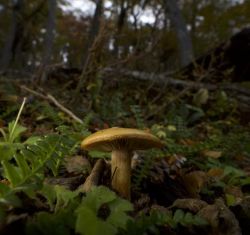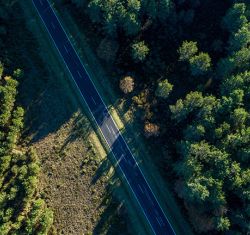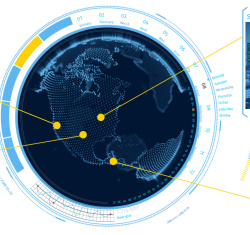
 back to all faculty
back to all faculty
Kai Zhu

About
Dr. Zhu’s research interests revolve around global change biology, ecological modeling, and environmental data science. He brings together his expertise in ecology, statistics, and computer science to advance the understanding of how plants and soil respond to environmental changes. His research spans a wide range of scales, from local experiments to global analyses. Dr. Zhu has been recognized for his contributions to the field, having received the National Science Foundation CAREER Award, been elected as an Ecological Society of America Early Career Fellow, and won the New Phytologist Tansley Medal.
Publications
Google Scholars pageEcological acclimation of climate-vegetation dynamics, plant phenology coupling with climate and its implications for public health, and nature-based solutions to climate change and biodiversity challenges.
Postdoc, Stanford University (global ecology)
PhD, Duke University (environment)
MS, Duke University (statistical science)








